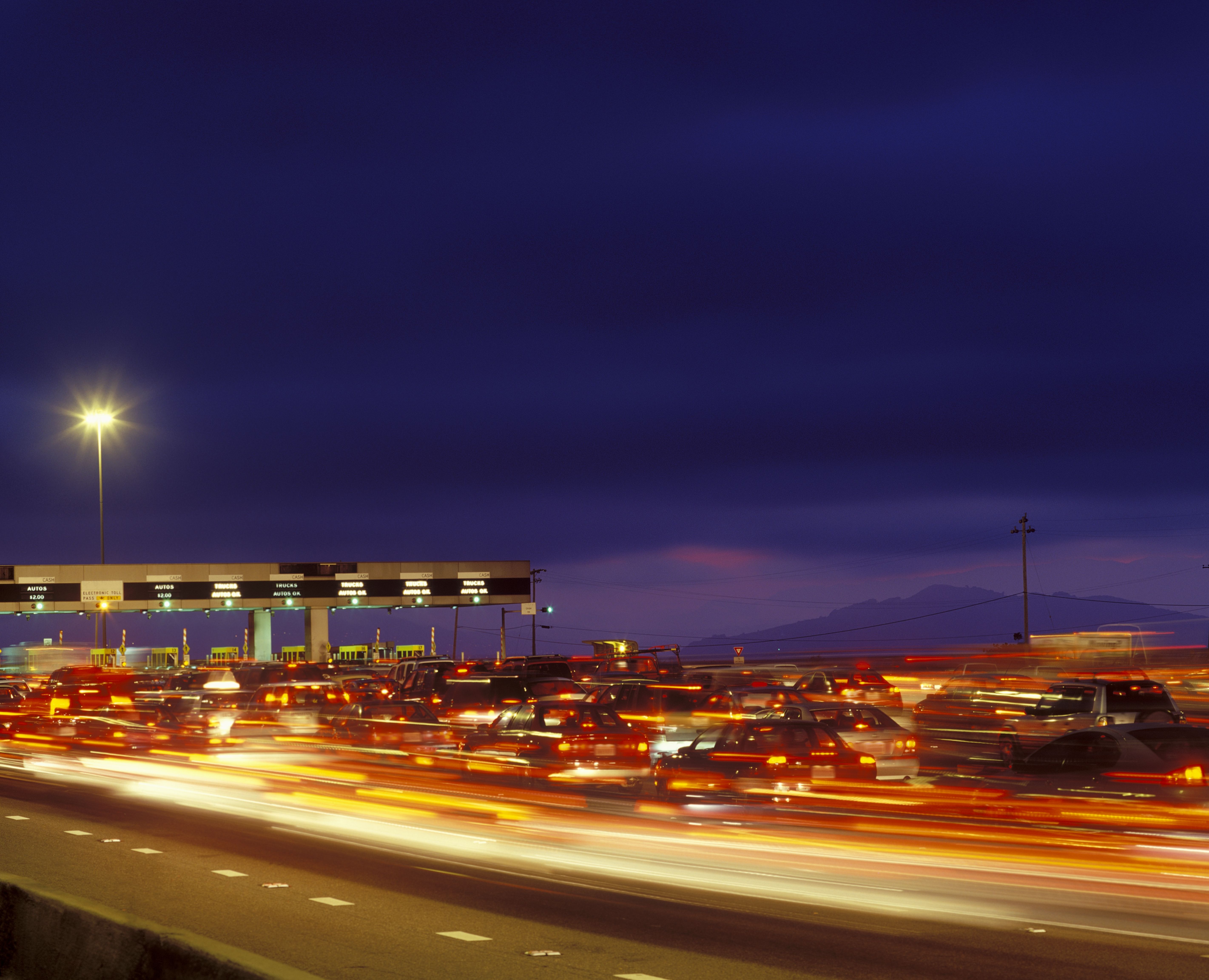UK chancellor must introduce pay-as-you-drive duty on zero-emission vehicles, charity urges
)
According to CBT, revenue from fuel duty will decline by an estimated £5bn a year by 2033 as the UK transitions from petrol and diesel vehicles to zero-emission technologies.
This easiest immediate solution to address this, said the organisation, would be a simple charge levied on ZEVs on a per-mile basis, while having an adequate transition period would enable industry to prepare.
Exempting existing ZEV drivers would incentivise uptake before the implementation date, it added.
In a letter to Reeves, Silviya Barrett, director of policy and research at CBT, wrote: “The new chancellor faces a looming black hole. She can avoid it in a way which is fair and which garners broad public support.
“But she should start now, as this issue will only get more pressing.”
Research by Campaign for Better Transport shows that 65% of the British public believe it is fair for ZEV drivers to be taxed, albeit at at a lower rate than petrol and diesel drivers, versus only 19% who disagree.
Campaign for Better Transport leads a ‘Pay-as-you-drive Forum’, which comprises 37 organisations including transport industry and sector bodies, NGOs and think tanks.
While different members of the forum have slightly different perspectives, CPT said that all would support a Treasury move on vehicle taxation, believing it is important that ZEV drivers should fairly contribute.
Ann Carruthers, president at forum member ADEPT, said:“As we transition to a decarbonised transport system, it’s crucial that we address the funding gap created by declining fuel duty revenues.
“A well designed, pay-as-you-drive system would provide both a sustainable funding source for our vital road infrastructure and also encourage the shift towards greener travel choices that are crucial for our net zero ambitions.”



